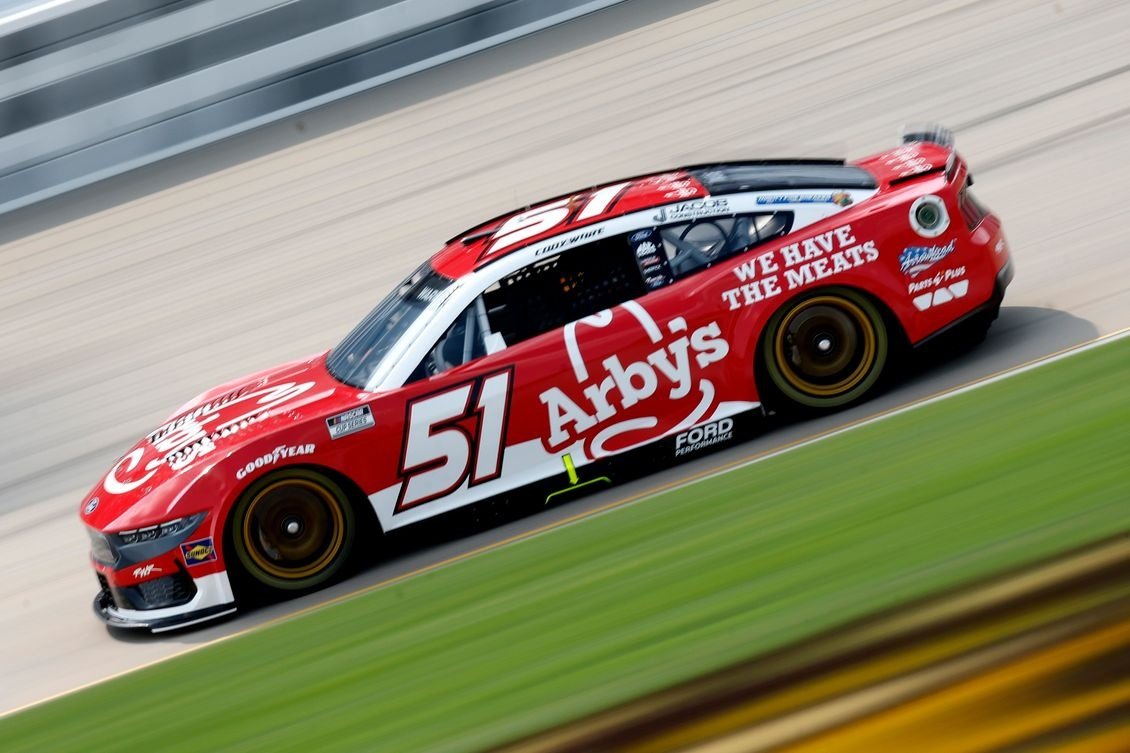Legacy Motor Club and Rick Ware Racing: A Legal Battle Over Charter Agreements
In a notable legal dispute within the world of NASCAR, Legacy Motor Club (LMC) has taken the offensive against Rick Ware Racing (RWR). This conflict centers around an alleged breach of a Charter Purchase Agreement, which LMC claims RWR has attempted to circumvent. The lawsuit underscores the complexities involved in charter ownership and sales in the high-stakes environment of NASCAR racing.
Background of the Dispute
The roots of this legal clash trace back to an agreement signed earlier in the year between LMC and RWR, whereby RWR was set to transfer one of its charters to LMC. Charters are pivotal in the NASCAR ecosystem, as they grant teams the right to compete in races without having to qualify through time trials. Currently, both LMC and RWR possess two charters each. However, RWR is leasing one of its charters to RFK Racing for their No. 60 entry. This arrangement indicates that LMC is strategically aiming to expand its operations to a three-car team by the year 2026, contingent upon successfully acquiring an additional charter.
RWR’s Counteraction
In response to LMC’s lawsuit, RWR has initiated a countersuit, asserting that they had no intention of relinquishing any of their charters before the 2026 season. RWR’s argument hinges on the assertion that should they be compelled to sell the charter to LMC, they would effectively be left without a charter to race, which could jeopardize their business. They unequivocally state that it was never their plan to sell Charter No. 27 before the stipulated timeline.
Presently, Charter No. 27 is utilized by RFK Racing, which complicates matters further. Court documents reveal a significant degree of confusion regarding which charter was actually involved in the negotiations. This has led to differing interpretations of the original agreement, creating a legal quagmire that both parties must navigate.
The Charters in Question
The charters at the center of this disagreement include Charter No. 27 and Charter No. 36. RWR contends that while LMC referenced Charter No. 27 in their legal filing, the discussions were actually about Charter No. 36. If this assertion holds up in court, it could potentially invalidate LMC’s claims.
Charter No. 36 is currently in use by Cody Ware, who drives the No. 51 entry for RWR. The stakes are high, as the outcome of this lawsuit could significantly impact the operational capabilities of both teams. The confusion surrounding which charter is available for sale, combined with the specific timeline of the sale, lies at the heart of the ongoing legal battle.
Financial Implications of the Charter Sale
The financial ramifications of these charter transactions are considerable. The reported sale price for the charter in question was set at an astounding $45 million, which would not only mark a significant monetary exchange but also be recognized as one of the most expensive charter purchases in NASCAR history. The high stakes involved in this sale highlight the intense competition and financial pressures teams face within the NASCAR framework.
RWR has claimed that they made efforts to return a $750,000 deposit that LMC had previously paid as part of the agreement, but LMC chose not to accept the return. This further complicates the relationship between the two teams, as it illustrates a breakdown in trust and communication.
The Future of NASCAR Charters
As the legal proceedings unfold, the implications for both Legacy Motor Club and Rick Ware Racing could set important precedents for the future of charter agreements in NASCAR. Charters serve as a vital asset for teams, impacting their ability to compete and secure sponsorships. The outcome of this case may influence how charter negotiations are conducted and how teams protect their interests in future agreements.
Moreover, this legal battle shines a light on the need for clearer contracts and communication between teams navigating the complexities of charter ownership. As the sport continues to evolve, understanding the intricacies of these agreements will be crucial for teams looking to thrive in an increasingly competitive landscape.
In the world of NASCAR, where every decision can have far-reaching consequences, the ongoing litigation between LMC and RWR is a reminder of the challenges teams face beyond the racetrack. As both parties work through their differences in court, the racing community watches closely, eager to see how this dispute will unfold and what it may mean for the future of charter ownership in NASCAR.
